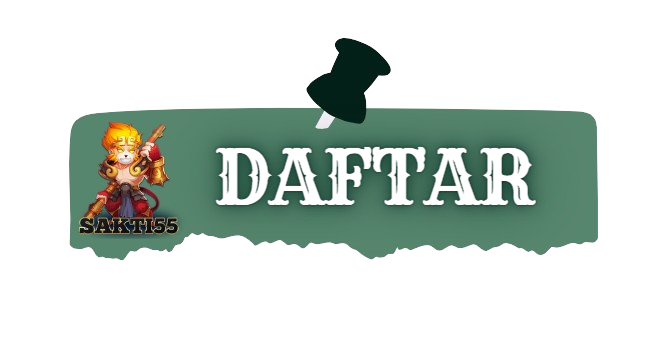1
/
of
1
Slot Garansi Kekalahan
Slot Garansi Kekalahan: Situs Bebas Klaim Tanpa Syarat Anti Clickbait!
Slot Garansi Kekalahan: Situs Bebas Klaim Tanpa Syarat Anti Clickbait!
Regular price
Situs Bebas Klaim
Regular price
Sale price
Situs Bebas Klaim
Unit price
/
per
Couldn't load pickup availability
Sakti55 adalah situs slot yang menyediakan promo slot garansi kekalahan dengan aturan bebas klaim dan tanpa syarat, dan juga anti clickbait, artinya Sakti55 menyediakan slot garansi terpercaya. Dengan adanya slot garansi kekalahan, kalian bisa bermain slot online sepuasnya. Tidak perlu takut kalah, promo slot garansi ini sudah resmi bisa di klaim oleh new member Sakti55.
Slot garansi kekalahan 100% hanya untuk new member sakti55. Tidak hanya slot garansi, sakti55 telah menyediakan pinjaman saldo credit, mengajak teman dan bonus untuk member lama yang setia kepada sakti55.
Share



